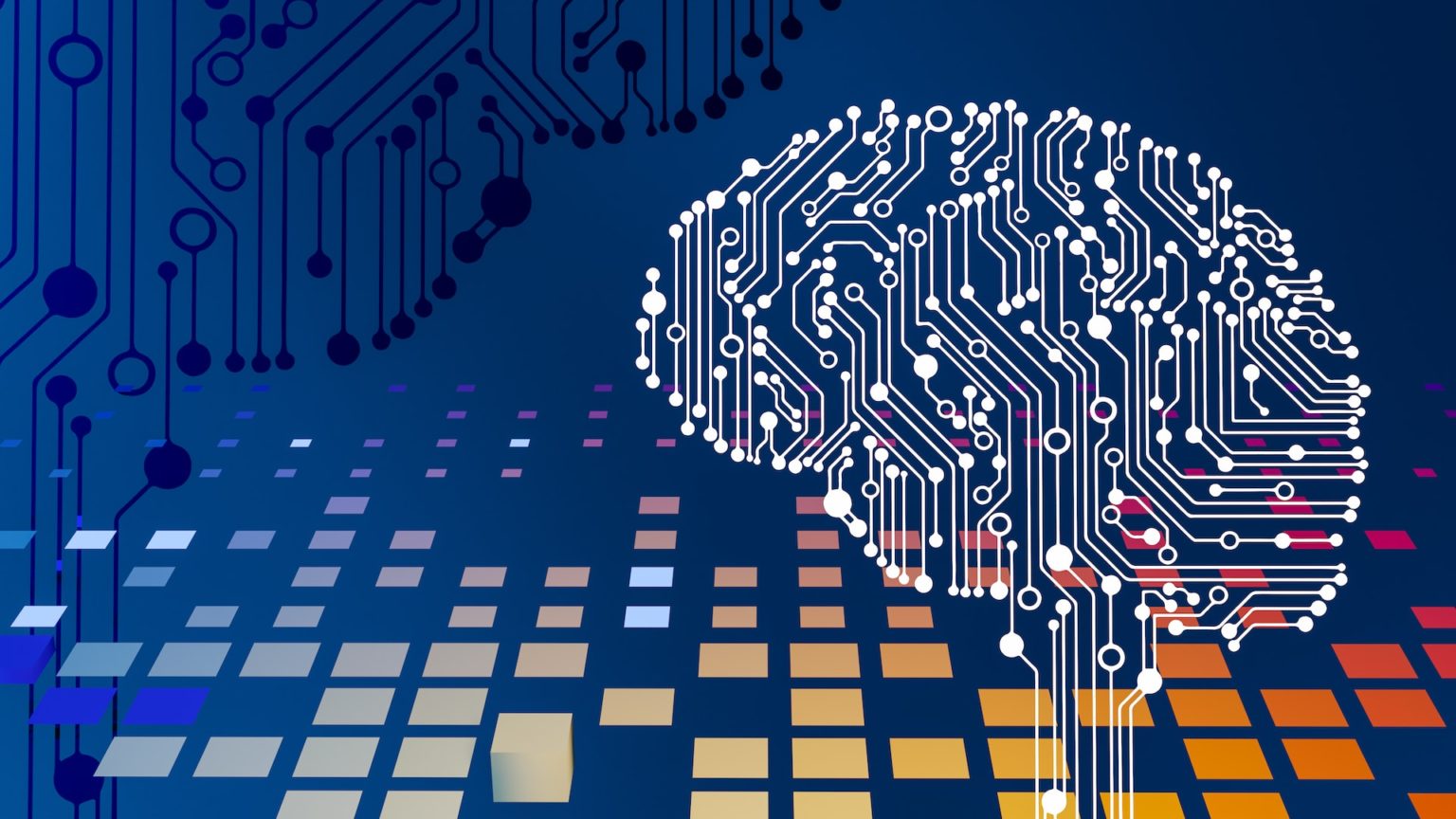RPA or robotic process automation can help with a large variety of things, and it can be implemented throughout various industries. The main benefit of this process is that you have direct access to an exceptional, outstanding system that will help speed up a variety of tasks within your company, while also bringing you the utmost results.
What role do ML and AI play when it comes to robotic process automation?
Right from the start, robotic process automation is a powerful technology. It helps you automate those repetitive tasks and routines. Be it data entry, information verification or document processing, all of these are a lot easier to perform this way. As a business, RPA can help you a lot, since it reduces the amount of resources and times that you need in order to complete any tasks. On top of that, you get to have increased efficiency and accuracy, something that’s hard to achieve.
However, robotic process automation is only as good as the technologies that it relies on. Having the right algorithms that it uses to automate tasks is very important. And that’s exactly where machine learning and AI come into play.
Their primary role is to help train the RPA software. They will make it easy for the software to understand how to automate everything and what tasks are entailed there. It’s an extremely important aspect to consider here, because every task is different. The role of AI and ML is to help find the right solutions and then ensure that the robotic process automation system is fully trained to deliver excellent results and refined value for the entire process.
What kind of tasks can you automate with robotic process automation?
You can rely on rpa development services to help provide you with the right means to solve a large number of business challenges. That’s the benefit of RPA, it can help you track documents and assess their information to see if it’s all correct. All of that will be difficult to achieve, but with the right implementation it can help convey an extraordinary value in the long term.
AI and ML will help classify the documents and recognize them, which in turn can lead to a much faster automation process. You don’t have to constantly double check that. The same thing can be said when it comes to verifying information. You share the general guidelines for the information, and then ML and AI will check everything in detail and see where the info is off. In the end, you’ll have increased accuracy, and you will not have to deal with any possible issues or challenges down the line.
There’s no denying that machine learning and AI are a vital part of the robotic process automation systems. You need the right algorithms to feed into RPA tools. Those will help boost the accuracy of automation processes, and you will not have to deal with any possible problems down the line. That’s why robotic process automation is amazing, since it helps provide an extraordinary result, and with AI as well as machine learning, it can deliver tremendous benefits in the long term!
